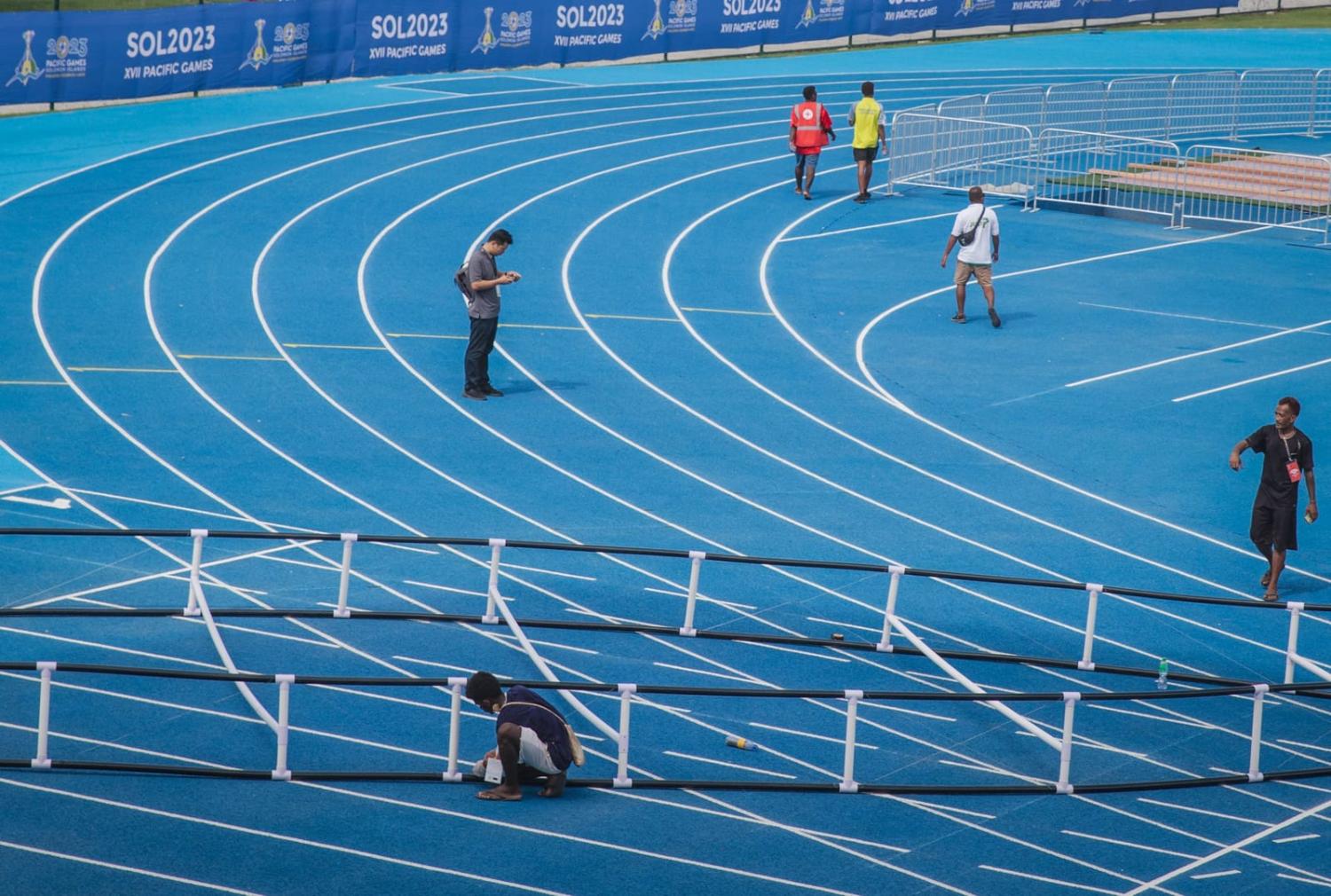Nic Maclellan’s critique of our Lowy Institute policy brief, Geopolitics in the Pacific Islands: Playing for advantage, offers not so much of an alternative argument, but more a list of players omitted. With more than 65 countries active in the region, our paper was not intended to be a survey of all players or present an extensive history of every issue. Instead, it analyses drivers of rising geopolitical tensions and the need for greater cooperation among all through regional and multilateral agencies.
But what is most odd is Maclellan’s claim that we have failed to acknowledge the politics playing out across the region. We addressed strategic manipulation, political alliances, new tactics to gain influence, and more. Rather than failing to acknowledge politics, we did the opposite - our focus was the main players affecting rising geopolitical competition, and some practical measures to ensure politics serve Pacific development.
Three points by Maclellan stand out.
The “missing players”
The European Union has a solid presence in the region, as Maclellan notes, through its Green-Blue Alliance for the Pacific, the OACPS Samoa Agreement and the OCT/PTOM network. We do not take issue with these claims. We would add that the EU became permanent observers to the Pacific Community in 2021, the same year as the announcement of the Green-Blue Alliance for the Pacific. Member countries prominent in the Pacific are listed as “traditional partners” and our discussion of multilateral and regional agencies are relevant to the EU and its members given their close associations and its members’ direct engagement in agencies discussed – Pacific Islands Forum, Pacific Community, multilateral development banks, Global Environment Fund and others.
Where we part company is the role that the EU plays in the intensifying geostrategic competition across the Pacific Islands. Our view is not that the EU is unimportant, but rather, it is not a central actor driving the escalation in Pacific geopolitical competition.
Australia, the United States and China play a central role in driving aid and strategic competition. That is not to diminish the EU and other Pacific partners’ development contributions and their relevance to proactive measures discussed. Maclellan specifically highlights the role of India and Indonesia. While each are globally important, currently they play limited roles in the Pacific and its geopolitics.
Partners in the Blue Pacific
We agree with Maclellan and note in our paper that the PBP’s inception was rough and caused regional concerns, not all resolved. Consultation was lacking as was a clear vision of how it would operate. All that is true. We clearly list its membership.
What is not true is Maclellan’s assertion that the EU and France have been kept at arm’s length as observers, rather than full members. They have chosen to be observers. The EU must be mindful of its relationship with a member country. France, too, is maintaining its distance from the PBP, waiting to see more focus and intent. Even so, France has opted to join PBP members in the Pacific Humanitarian Warehousing Program. Pacific players are also taking a bigger role in setting the agenda, notably members of the Pacific Islands Forum and the Pacific Community, but still with reservations.
What is new?
We agree with Maclellan that there has long been a call for greater cooperation, and this was illustrated in the policy brief in Figure 6. We examine what is changing and what could improve to be forward, not backward, looking. Western partners are working to enhance regional institutions but they could do more to streamline, coordinate, consult the Pacific, and deliver quality. The growing funding to multilateral development banks and other joint initiatives could transform Pacific development and better meet Pacific priorities, but so far efforts continue to fall short.
Development gaps and adverse impacts of geopolitical competition led us to consider practical measures to “play to our strengths” and advance Pacific development priorities. All partners can encourage a “race to the top” for development engagement, named or not, but should do so in an inclusive manner with the Pacific Islands countries and valued development partners. Further, development partners must go beyond development dollars and look for ways to support professional institutions, economic development, and resilience building with the Pacific. We suggest possibilities. When the global community collectively spends on key areas such as climate finance, more attention should be paid to Pacific access and vulnerability – our paper shows why.
Moving forward
Australia, the United States and other Western development partners have different models of development assistance than China. Rivalries between and among them can erode development opportunities. Mechanisms to improve cooperation deserve more attention. Maclellan’s accounting of the many actors across the region is not wrong, but our paper focuses on the players and processes most affecting geopolitical competition, and looks to the future and how regional approaches can help all move forward to get quality development outcomes.

